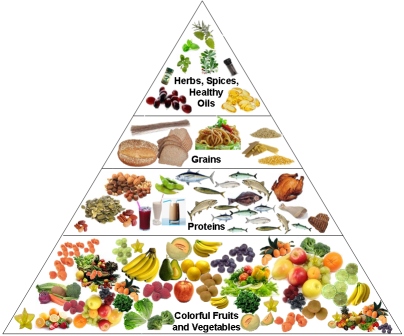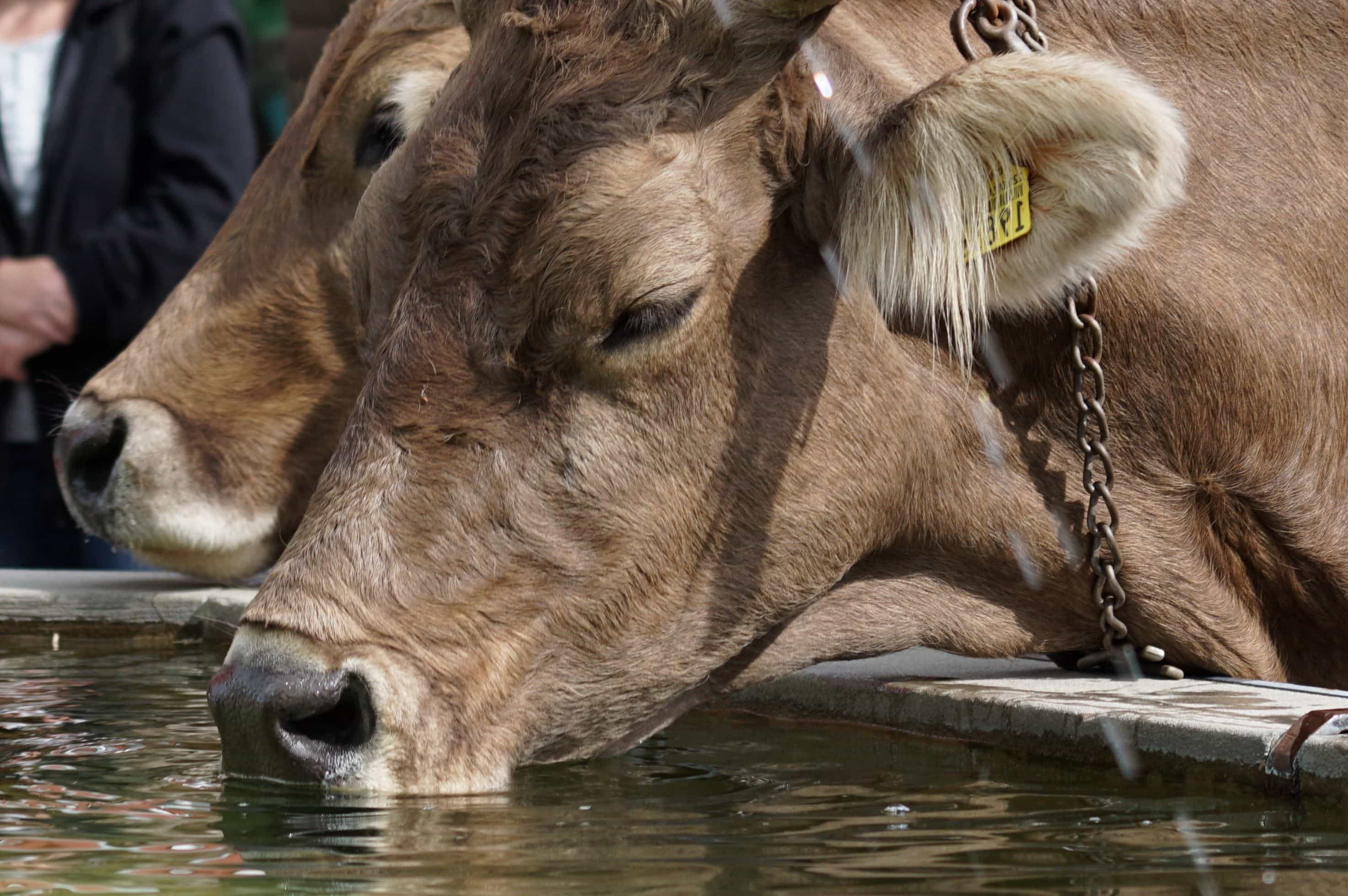Title: Revitalizing Animal Nutrition: Unleashing the Power of Proper Livestock Health
Introduction:
In the vast and vibrant kingdom of animals, where life mysteriously intertwines with our own, lies an often overlooked concern – nutritional deficiencies in livestock. As farmers and guardians of the animal kingdom, it falls upon us to address this issue with unwavering determination. The vitality and well-being of our livestock are not mere responsibilities but an essential component of sustainable agriculture and the harmonious coexistence of humans and animals.
Livestock, be they tender lambs or majestic horses, rely on us to provide them with a balanced diet that caters to their specific nutritional needs. Just as we strive to fuel our bodies with the right nutrients, our animals also require the optimal mix of vitamins, minerals, and essential amino acids to flourish. And yet, despite our best intentions, nutritional deficiencies persist in the agricultural world, leading to a multitude of adverse effects on the health and productivity of livestock.
The consequences of inadequate nutrition are far-reaching, affecting not only the animals themselves but also the farmers relying on them for sustenance and livelihood. Suboptimal growth rates, decreased reproduction rates, weakened immune systems, and reduced milk or meat production are just a few of the challenges faced by livestock suffering from nutritional deficiencies. It is within these dire circumstances that we must rise to the occasion, finding innovative ways to address these deficiencies and safeguard the well-being of our beloved creatures.
This article aims to shed light on the critical topic of addressing nutritional deficiencies in livestock. We will explore the underlying causes behind these deficiencies, discuss the signs and symptoms that raise red flags, and delve into effective strategies and practices to overcome these challenges. By embracing a neutral tone, we strive to provide an unbiased view of the situation, while promoting a sense of urgency to spark collective action.
Together, armed with knowledge and unwavering dedication, we can take on this formidable challenge. Let our compassion and creativity guide us in sculpting an agriculturally sustainable world, where nourishment for all – humans and animals alike – is not a luxury but a basic right.
So, brace yourselves, fellow stewards of the animal realm, as we embark on a journey towards a brighter future that promises nothing less than the resurgence of nutritional harmony in livestock. Get ready to unleash the power of proper livestock health, leading us to a future where thriving animals will forge a path towards a flourishing planet.

Exploring the Nutritional Factors Affecting Livestock Health and Productivity

Livestock health and productivity are greatly influenced by various nutritional factors. Providing animals with a well-balanced diet is essential for their overall well-being and performance. Some key factors to consider include:
- Protein content: Ensuring sufficient protein intake promotes muscle development and supports growth.
- Vitamins and minerals: Adequate amounts of these essential nutrients boost immunity, strengthen bones, and maintain healthy bodily functions.
- Fiber: Including ample fiber in feed helps with proper digestion and prevents digestive disorders.
- Water: Livestock requires access to clean, fresh water at all times to maintain hydration and support various physiological processes.
By understanding and addressing these nutritional factors, farmers and livestock producers can optimize the health and productivity of their animals. Let’s prioritize the well-being of our livestock for sustainable and efficient farming practices.
Revolutionizing Livestock Nutrition: Effective Strategies and Dietary Solutions

Effective Strategies and Dietary Solutions for Revolutionizing Livestock Nutrition
Revolutionizing livestock nutrition requires innovative strategies and impactful dietary solutions that can optimize animal health and productivity. Here are some game-changing approaches:
- Implementing precision feeding techniques to meet individual animal requirements
- Integrating alternative protein sources into diets to reduce environmental impact
- Utilizing advanced feed additives and supplements to enhance nutrient absorption
- Applying precision farming technologies to monitor and adjust nutritional needs
This new era of livestock nutrition holds immense potential to maximize performance, minimize costs, and ensure sustainable agriculture. Together, let’s redefine the way we nourish our livestock for a brighter future.
Wrapping Up about Addressing Nutritional Deficiencies in Livestock.
In conclusion, recognizing and tackling nutritional deficiencies in livestock is crucial for ensuring their overall health and well-being. By understanding the specific dietary requirements of each animal and implementing proper feeding strategies, farmers and livestock owners can prevent deficiencies and promote optimal growth and development. Supplementing animals’ diets with appropriate vitamins, minerals, and other essential nutrients can be highly beneficial, as can utilizing effective feed management practices.
However, it is essential to note that addressing nutritional deficiencies in livestock is not a one-size-fits-all solution. Each species, breed, and individual animal may have unique dietary needs, and consulting with veterinarians, nutritionists, and other experts in the field is highly recommended. Taking into account factors such as age, reproductive status, environment, and overall health will further aid in crafting tailored nutritional plans and ensuring long-term success.
By investing in the nutrition of our livestock, we ultimately enhance the sustainability and profitability of our farms and contribute to the production of healthy, nutrient-rich animal products. Furthermore, healthier animals mean reduced risk of diseases, lower mortality rates, and improved welfare standards. Remember, a well-nourished animal is a happy animal.
So, let’s prioritize addressing nutritional deficiencies in our livestock and avail ourselves of the vast knowledge and resources available. Together, we can pave the path towards a healthier and more sustainable livestock industry.
